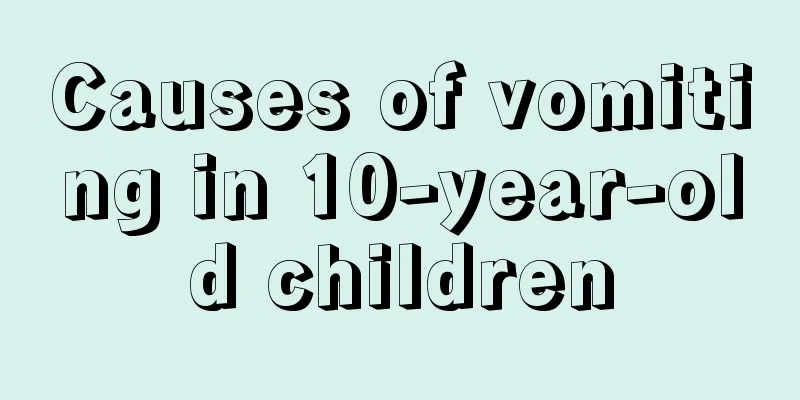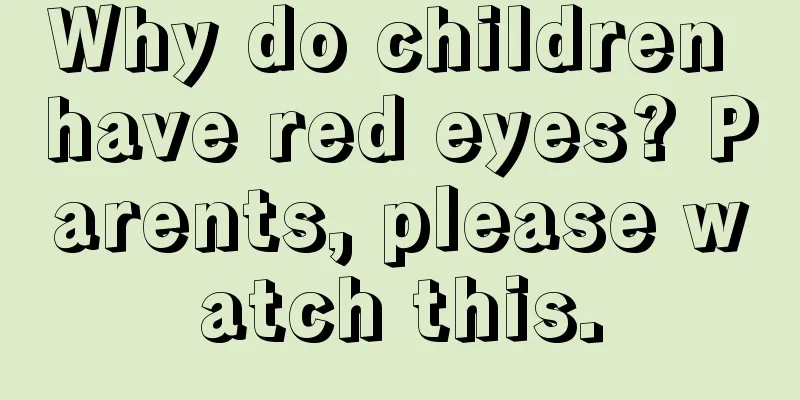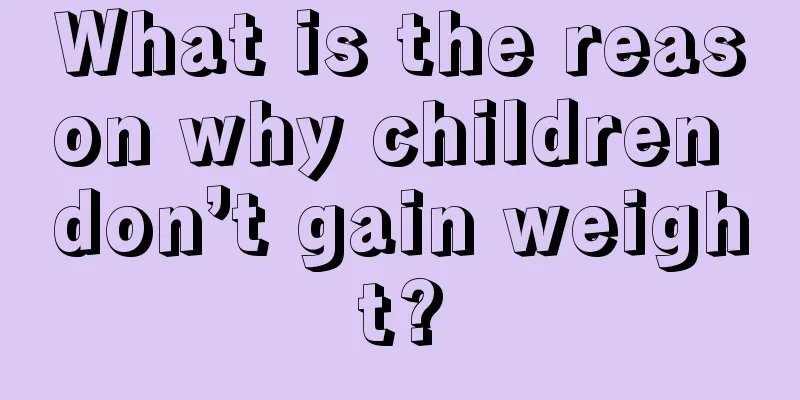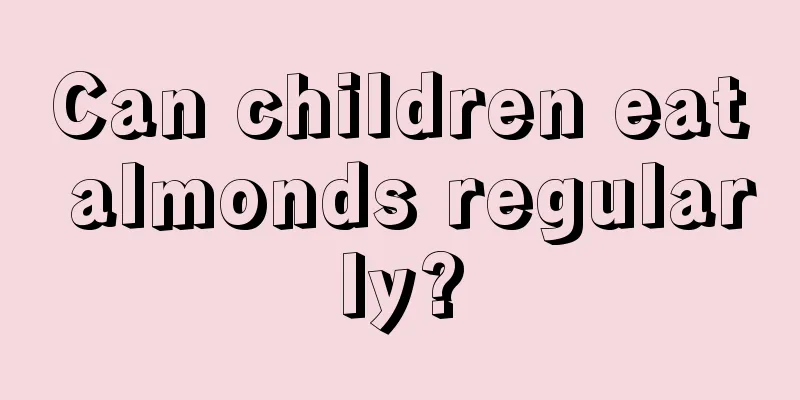Causes of vomiting in 10-year-old children

|
Vomiting is a common phenomenon in life. For many adults, vomiting is very uncomfortable, but generally when the symptoms are not serious, they can be treated simply. If a 10-year-old child vomits, the parents will feel very uncomfortable seeing the child in pain. Parents should treat the child according to the cause of the child's vomiting. Improper feeding or eating: The child eats a large amount of food at one time or the food is difficult to digest. Digestive dysfunction: Systemic infectious diseases, such as upper respiratory tract infection, bronchitis, pneumonia, sepsis and other diseases, are often accompanied by high fever, nausea, loss of appetite, and vomiting. Digestive tract infectious diseases: Diseases such as gastritis, enteritis, dysentery, appendicitis, etc. can cause reflex vomiting due to local irritation, which is often accompanied by other digestive system symptoms such as nausea, abdominal pain and diarrhea. Neurological disorders: Central nervous system diseases such as encephalitis, meningitis, intracranial hemorrhage or tumors, and craniocerebral trauma can also cause vomiting, which is characterized by no nausea before vomiting and projectile vomiting, but is often accompanied by other symptoms of the nervous system, such as headache, mental depression, drowsiness, and even convulsions and coma. Mental factors: Some children may vomit due to excessive mental stress or anxiety caused by certain reasons. Recurrent vomiting is sometimes related to mental factors. Poisoning: Including various poisonings, such as food poisoning, poisonous animals, plant poisoning, drug and pesticide poisoning, etc., almost all of which have vomiting symptoms, but different poisonings have their own clinical characteristics for identification. other: Vestibular dysfunction of the inner ear or Meniere's disease (hydromatous accumulation in the inner ear membrane and labyrinth) causes severe vomiting, but is often accompanied by vertigo and spinning vision; congenital gastrointestinal malformations in children, such as gastric torsion, hypertrophic pyloric obstruction, etc. In addition, vomiting is also severe in children with intestinal ascariasis who have intestinal obstruction or biliary ascariasis. |
<<: How to regulate children's spleen and stomach disharmony
>>: Is it useful for children to take early childhood education classes?
Recommend
What should I do if my child has a fever in the middle of the night?
Fever is a very common phenomenon. Many children ...
Acupoint massage to quickly reduce fever in children
When your child has fever, every family member wi...
How to do early intervention for premature babies
Early intervention for premature infants is very ...
What are the methods to reduce jaundice in babies?
It is very common for babies to have symptoms of ...
Is it good for babies to take a bath every day?
There are many benefits to bathing your baby. It ...
How to provide nutrition for children
Today's parents are always worried about thei...
Why do children's ears get hot?
Why do children's ears get hot? Is this a que...
What to do if your newborn has a stuffy nose
Many people know that if their nose is blocked, i...
What causes red eyes and lots of eye mucus in children?
Eye mucus is a normal secretion that appears in t...
What should I do if my child has a high fever? Don't worry, mom
The thing that parents fear the most after becomi...
What to do if your child is a little introverted
The formation of a child’s personality is influen...
What causes children to vomit? Let you know the most real situation
Children's gastrointestinal function is not y...
How to clean baby eczema with honeysuckle
I believe everyone must be very familiar with the...
Is it normal for children to have foam in their urine?
People still have some understanding of their uri...
The reason why baby doesn't like to eat
Nowadays every child has become the baby of the f...









